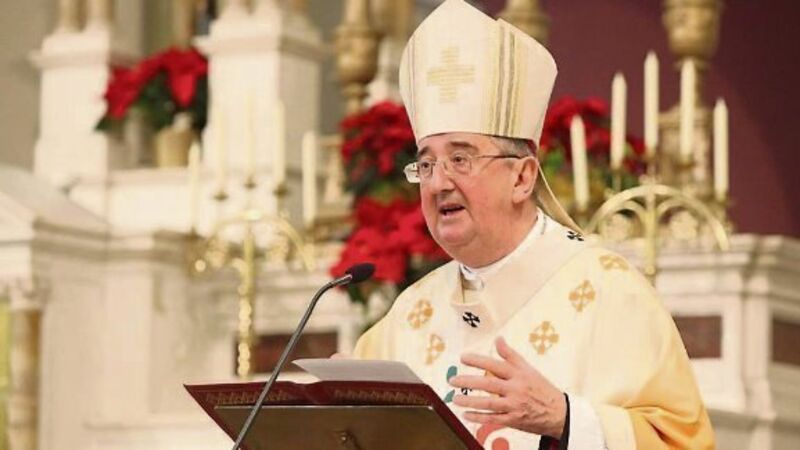Diarmuid Martin: Catholic Church needs to undergo a reality check

In fact, the reality check should have happened much earlier. It has been evident since 1979, when the razzamatazz surrounding the visit of Pope John Paul II to Ireland withered away, that the Irish Church had lost the allegiance of many young people.
That papal visit was a watershed, but not of a kind that the Irish bishops and the Vatican had hoped for — it didn’t lead to a regeneration of Irish Catholicism, it marked instead a last hurrah for a pre-Vatican II Catholicism seriously out of tune with modern society.













